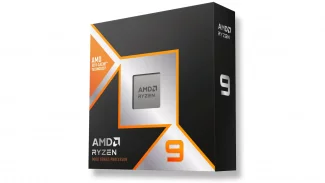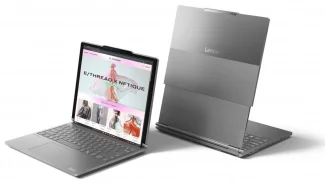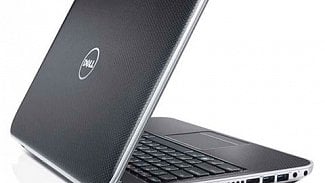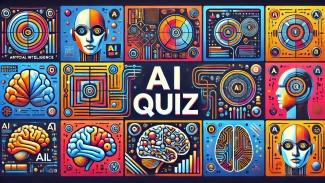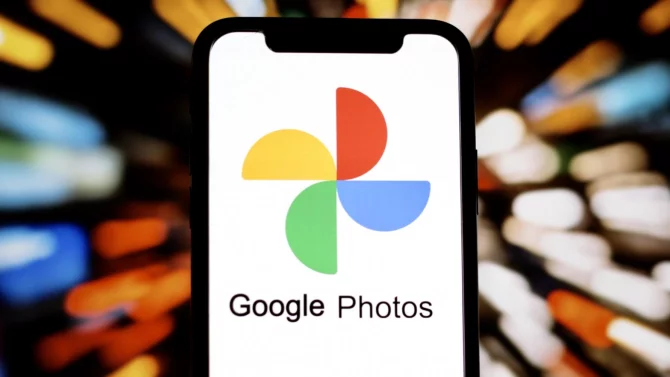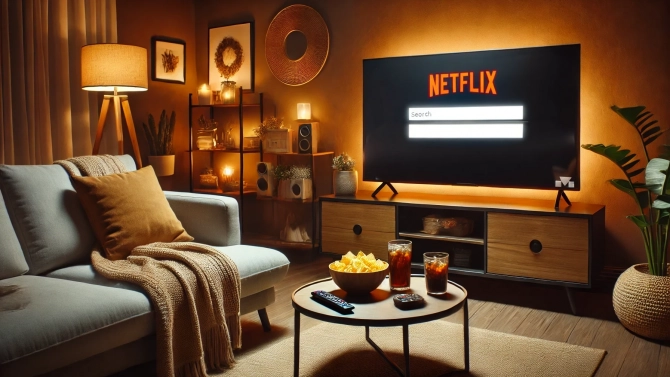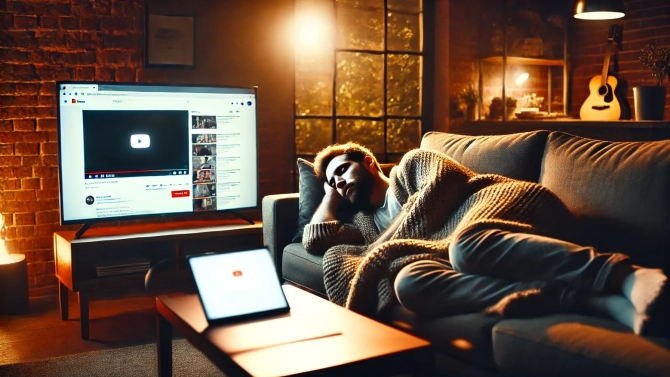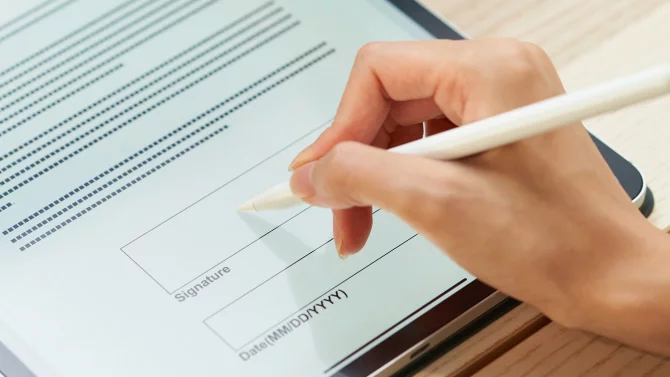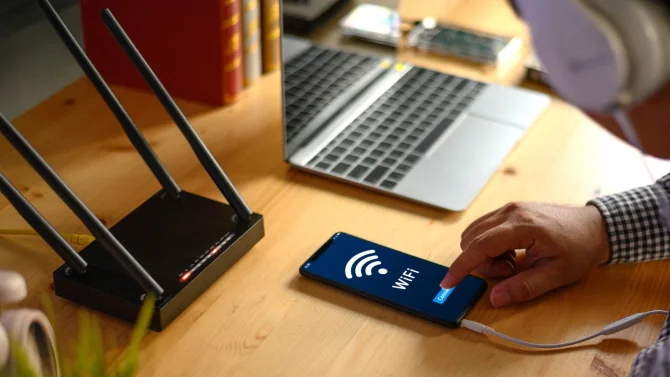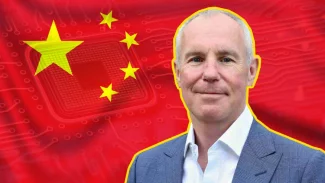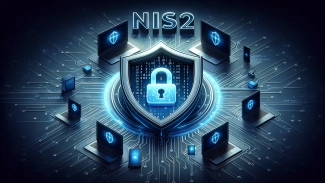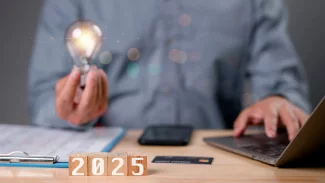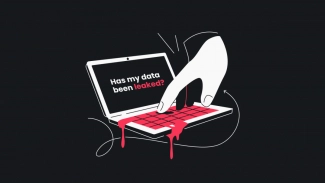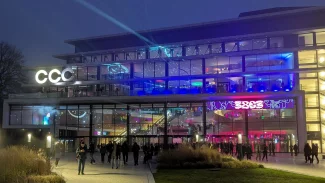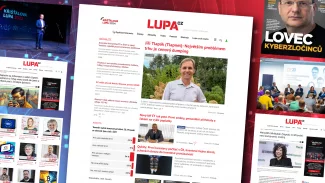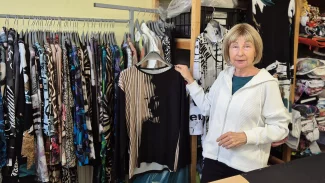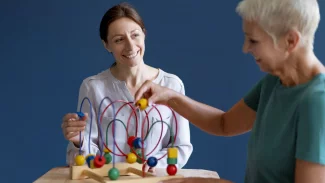Nokii čeká zemětřesení, na web unikl dopis zaměstnancům, který napsal sám nový šéf Stephen Elop. Nokia je na scestí: buď zůstane na potápějící se lodi, nebo zariskuje. Emotivní dopis je upřímný, pravdivý a ústy nejvyššího trefně ukazuje, do jakých problém se Finové za poslední roky dostali.
Více v přeloženém dopise (v druhé kapitole najdete originál).
Zdravím.
Existuje jeden trefný příklad muže, který pracoval na ropné plošině v Severním moři. Jednou v noci ho vzbudila obrovská exploze, která celou plošinu (platformu) zapálila. Za chvíli byl obklopen plameny. Přes kouř a horko se taktak dostal na okraj plošiny. Když se podíval dolů, viděl temné a chladné vody Atlantiku.
Když se k němu blížil oheň, měl už pouze chvilku, aby stačil zareagovat. Mohl buď zůstat na plošině a shořet v plamenech, nebo se mohl z 30 metrů pustit do mrazivých vod. Muž stál na hořící plošině a potřeboval se rychle rozhodnout.
Nakonec skočil. Bylo to nečekané. Za normálních okolností by se do studeného moře nikdy nepustil. Jenže toto byla neobyčejná doba – jeho plošina hořela. Muž pád do vody přežil. Byl zachráněn a poznamenal, že hořící plošina radikálně změnila jeho postoj.
My také stojíme na hořící plošině a musíme se rozhodnout, jak změnit své chování.
Posledních pár měsíců jsem vám říkal, co jsem slyšel od našich akcionářů, operátorů, vývojářů, dodavatelů a také od vás. Dnes vám řeknu, co jsem se naučil a čemu věřím. Zjistil jsem, že stojíme na hořící plošině. A přitom máme více než jednu explozi. Žár uniká na několika místech, oheň je všude kolem nás.
Obrovský žár pochází od naší konkurence, a to rychleji, než jsme očekávali. Apple narušil trh úplnou změnou významu slova smartphone. Láká vývojáře do uzavřeného, ale velmi silného ekosystému.
V roce 2008 měl Apple 25% podíl na trhu s telefony nad 300 USD, v roce 2010 je to už 61 %. Meziroční nárůst jejich zisku také stoupá, v posledním čtvrtletí 2010 dokonce o 78 %. Apple ukázal, že když se to dobře navrhne, zákazníci si budou kupovat i drahé telefony s velkou užitnou hodnotou a vývojáři budou tvořit aplikace. Změnili pravidla hry a dnes Apple vládne high-endu.
A také je zde Android. Za dva roky byla vytvořena platforma, která láká vývojáře, poskytovatele služeb a výrobce. Android přišel ho high-endu, ale vítězí hlavně ve střední třídě. A teď míří do segmentu s telefony pod 100 eur. Google se stal novou gravitační silou.
A nesmíme zapomenout na trh s low-endy. V roce 2008 dodával MediaTek kompletní referenční návrhy čipsetů, které využívaly čínské továrny v Shenzhenu. Telefony tvořily neuvěřitelným tempem. Podle některých údajů tento ekosystém nyní produkuje přes třetinu telefonů světa. A ubírá náš podíl z rozvíjejících se trhů.
Zatímco konkurenti pálili náš podíl, co se dělo v Nokii? Spadli jsme, zmeškali jsme trendy a ztratili čas. V té době jsme si mysleli, že děláme správnou věc, ale nyní jsme několik let pozadu.
První iPhone přišel v roce 2007 a my stále nemáme produkt, který by byl blízko jeho přítulnosti („experience“, fakt to nemá trefný český překlad). Android přišel před dvěma lety a v tuto chvíli nám sebral vedení v počtu prodaných telefonů. Neuvěřitelné.
Máme několik skvělých inovátorů uvnitř Nokie, ale nejsme schopni jejich nápady dostat na trh. Mysleli jsme si, že MeeGo bude vítězná platforma pro high-endové smartphony. Nicméně tímto tempem bychom do konce roku 2011 uvedli pouze jeden produkt s Meego.
Ve střední třídě máme Symbian. Je prokázáno, že není konkurenceschopný v předních trzích, jako je třeba Severní Amerika. Navíc se ukazuje, že Symbian už nestíhá plnit požadavky zákazníků, to vede ke zpomalení vývoje a my nejsme schopni využívat nových hardwarových platforem. Takže, pokud bychom postupovali stejným tempem, budeme stále couvat, zatímco konkurence běží směrem vpřed.
V oblasti low-endu vyrábějí Číňané telefony rychleji než, jak řekl v žertu jeden náš zaměstnanec, „my stačíme vytvořit alespoň prezentaci v PowerPointu.“ Jsou rychlí, jsou levní a ničí nás.
Nejsme ani schopni bojovat správnými zbraněmi. Snažíme se až příliš často spojovat jednotlivé cenové hladiny trhu s konkrétními telefony.
Bitva zařízení se nyní stala bitvou celých ekosystémů, kdy ekosystém není pouze hardware a software v zařízení, ale také vývojáři, aplikace, obchod, reklama, vyhledávání, sociální sítě, geolokační služby, jednotná komunikace a spousta dalších věcí. Naši konkurenti nepřebírají náš tržní podíl díky zařízením, ale samotným ekosystémům. Proto se musíme rozhodnout, jestli máme postavit vlastní, zlepšit stávající, nebo se připojit už k hotovému ekosystému.
To je rozhodnutí, které musíme udělat. Mezitím jen ztrácíme podíl, mysl a také čas.
Spotřebitelské preference Nokie klesají na celém světě. Ve Velké Británii klesla hodnota naší značky na 20 %, což je o 8 % méně než loni. To znamená, že pouze jeden člověk z pěti preferuje Nokii oproti jiným značkám. Klesáme také na trzích, kde jsme vždy bývali silní: Rusko, Německo, Indonésie, Spojené arabské emiráty atd.
Jak jsme se dostali do této situace? Proč jsme se propadávali, když se svět okolo nás vyvíjel?
To je to, co jsem se snažil pochopit. Do ohně jsme si přilévali sami. Udělali jsme spoustu chyb, nepřinášeli inovace dost rychle. Ani spolu pořádně nespolupracujeme.
Nokio, naše plošina hoří.
Pracuje na cestě vpřed. Na cestě, které obnoví naše vedoucí postavení na trhu. V pátek 11. února představíme novou strategii, bude to obrovské úsilí, abychom změnili naši společnost. Ale věřím, že společně můžeme čelit výzvám, které před námi stojí. Spolu si můžeme zvolit svou budoucnost.
Hořící plošina, na které se zmíněný muž ocitl, změnila jeho chování. Najednou byl odvážný a statečně se vrhl do nejisté budoucnosti. Byl schopen říct svůj příběh. Nyní máme velkou příležitost udělat totéž.
Stephen
Nokia v pátek opravdu pořádá tiskovou konferenci, na které zveřejní svou strategii. Otázkou je, co vlastně můžeme čekat. Ukončí podporu Symbianu nebo MeeGo? Spojí se s Microsoftem na práci pro Windows Phone 7? Oběma by to prospělo, takže je to pravděpodobné. Nebo se přikloní k Androidu? Nebo všechno zmíněné?
Vydržte naladění. Až Elop oficiálně promluví, na Cnews o tom pochopitelně napíšeme.
Aktualizováno: Teď už víme, že Nokia bude spolupracovat s Microsoftem. Podrobný článek přineseme v pondělí.
Původní dopis v angličtině
Hello there,
There is a pertinent story about a man who was working on an oil platform in the North Sea. He woke up one night from a loud explosion, which suddenly set his entire oil platform on fire. In mere moments, he was surrounded by flames. Through the smoke and heat, he barely made his way out of the chaos to the platform's edge. When he looked down over the edge, all he could see were the dark, cold, foreboding Atlantic waters.
As the fire approached him, the man had mere seconds to react. He could stand on the platform, and inevitably be consumed by the burning flames. Or, he could plunge 30 meters in to the freezing waters. The man was standing upon a "burning platform," and he needed to make a choice.
He decided to jump. It was unexpected. In ordinary circumstances, the man would never consider plunging into icy waters. But these were not ordinary times - his platform was on fire. The man survived the fall and the waters. After he was rescued, he noted that a "burning platform" caused a radical change in his behaviour.
We too, are standing on a "burning platform," and we must decide how we are going to change our behaviour.
Over the past few months, I've shared with you what I've heard from our shareholders, operators, developers, suppliers and from you. Today, I'm going to share what I've learned and what I have come to believe.
I have learned that we are standing on a burning platform.
And, we have more than one explosion - we have multiple points of scorching heat that are fuelling a blazing fire around us.
For example, there is intense heat coming from our competitors, more rapidly than we ever expected. Apple disrupted the market by redefining the smartphone and attracting developers to a closed, but very powerful ecosystem.
In 2008, Apple's market share in the $300+ price range was 25 percent; by 2010 it escalated to 61 percent. They are enjoying a tremendous growth trajectory with a 78 percent earnings growth year over year in Q4 2010. Apple demonstrated that if designed well, consumers would buy a high-priced phone with a great experience and developers would build applications. They changed the game, and today, Apple owns the high-end range.
And then, there is Android. In about two years, Android created a platform that attracts application developers, service providers and hardware manufacturers. Android came in at the high-end, they are now winning the mid-range, and quickly they are going downstream to phones under €100. Google has become a gravitational force, drawing much of the industry's innovation to its core.
Let's not forget about the low-end price range. In 2008, MediaTek supplied complete reference designs for phone chipsets, which enabled manufacturers in the Shenzhen region of China to produce phones at an unbelievable pace. By some accounts, this ecosystem now produces more than one third of the phones sold globally - taking share from us in emerging markets.
While competitors poured flames on our market share, what happened at Nokia? We fell behind, we missed big trends, and we lost time. At that time, we thought we were making the right decisions; but, with the benefit of hindsight, we now find ourselves years behind.
The first iPhone shipped in 2007, and we still don't have a product that is close to their experience. Android came on the scene just over 2 years ago, and this week they took our leadership position in smartphone volumes. Unbelievable.
We have some brilliant sources of innovation inside Nokia, but we are not bringing it to market fast enough. We thought MeeGo would be a platform for winning high-end smartphones. However, at this rate, by the end of 2011, we might have only one MeeGo product in the market.
At the midrange, we have Symbian. It has proven to be non-competitive in leading markets like North America. Additionally, Symbian is proving to be an increasingly difficult environment in which to develop to meet the continuously expanding consumer requirements, leading to slowness in product development and also creating a disadvantage when we seek to take advantage of new hardware platforms. As a result, if we continue like before, we will get further and further behind, while our competitors advance further and further ahead.
At the lower-end price range, Chinese OEMs are cranking out a device much faster than, as one Nokia employee said only partially in jest, "the time that it takes us to polish a PowerPoint presentation." They are fast, they are cheap, and they are challenging us.
And the truly perplexing aspect is that we're not even fighting with the right weapons. We are still too often trying to approach each price range on a device-to-device basis.
The battle of devices has now become a war of ecosystems, where ecosystems include not only the hardware and software of the device, but developers, applications, ecommerce, advertising, search, social applications, location-based services, unified communications and many other things. Our competitors aren't taking our market share with devices; they are taking our market share with an entire ecosystem. This means we're going to have to decide how we either build, catalyse or join an ecosystem.
This is one of the decisions we need to make. In the meantime, we've lost market share, we've lost mind share and we've lost time.
On Tuesday, Standard & Poor's informed that they will put our A long term and A-1 short term ratings on negative credit watch. This is a similar rating action to the one that Moody's took last week. Basically it means that during the next few weeks they will make an analysis of Nokia, and decide on a possible credit rating downgrade. Why are these credit agencies contemplating these changes? Because they are concerned about our competitiveness.
Consumer preference for Nokia declined worldwide. In the UK, our brand preference has slipped to 20 percent, which is 8 percent lower than last year. That means only 1 out of 5 people in the UK prefer Nokia to other brands. It's also down in the other markets, which are traditionally our strongholds: Russia, Germany, Indonesia, UAE, and on and on and on.
How did we get to this point? Why did we fall behind when the world around us evolved?
This is what I have been trying to understand. I believe at least some of it has been due to our attitude inside Nokia. We poured gasoline on our own burning platform. I believe we have lacked accountability and leadership to align and direct the company through these disruptive times. We had a series of misses. We haven't been delivering innovation fast enough. We're not collaborating internally.
Nokia, our platform is burning.
We are working on a path forward -- a path to rebuild our market leadership. When we share the new strategy on February 11, it will be a huge effort to transform our company. But, I believe that together, we can face the challenges ahead of us. Together, we can choose to define our future.
The burning platform, upon which the man found himself, caused the man to shift his behaviour, and take a bold and brave step into an uncertain future. He was able to tell his story. Now, we have a great opportunity to do the same.
Stephen.
Zdroj: Engadget


